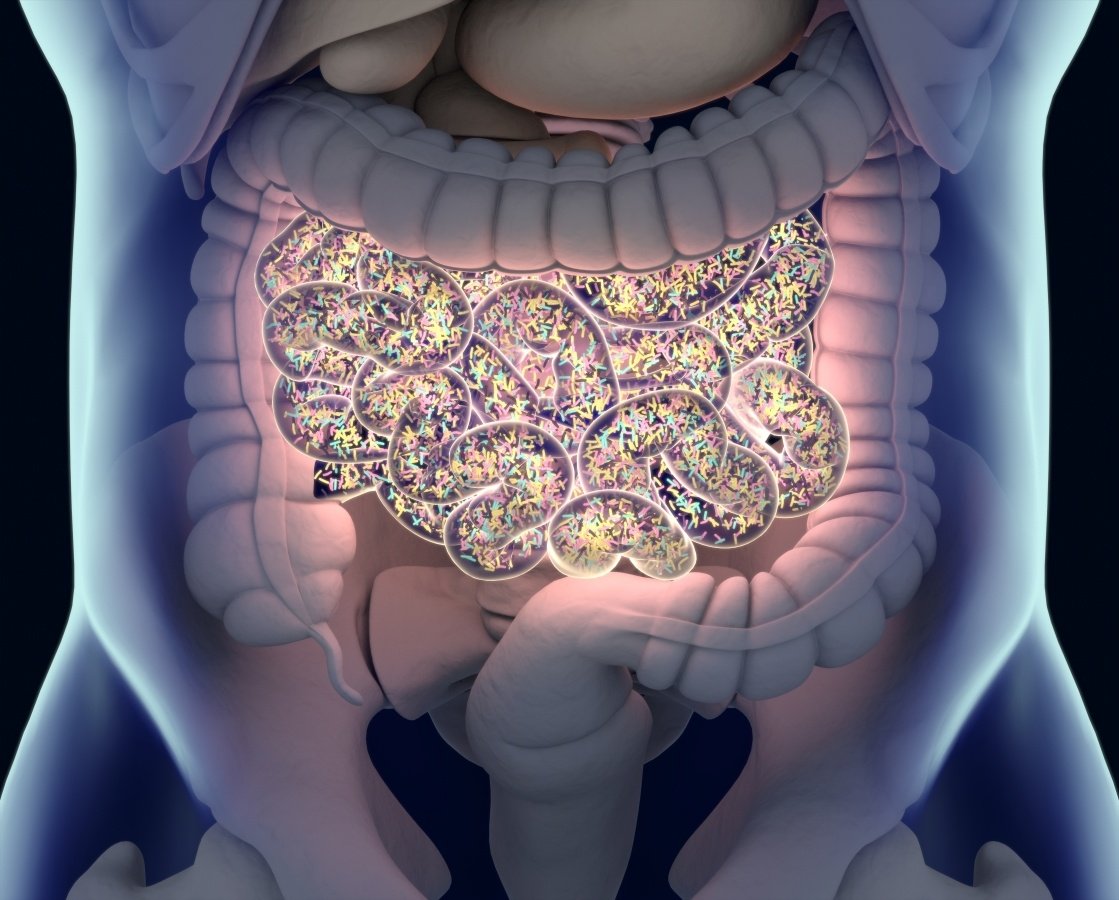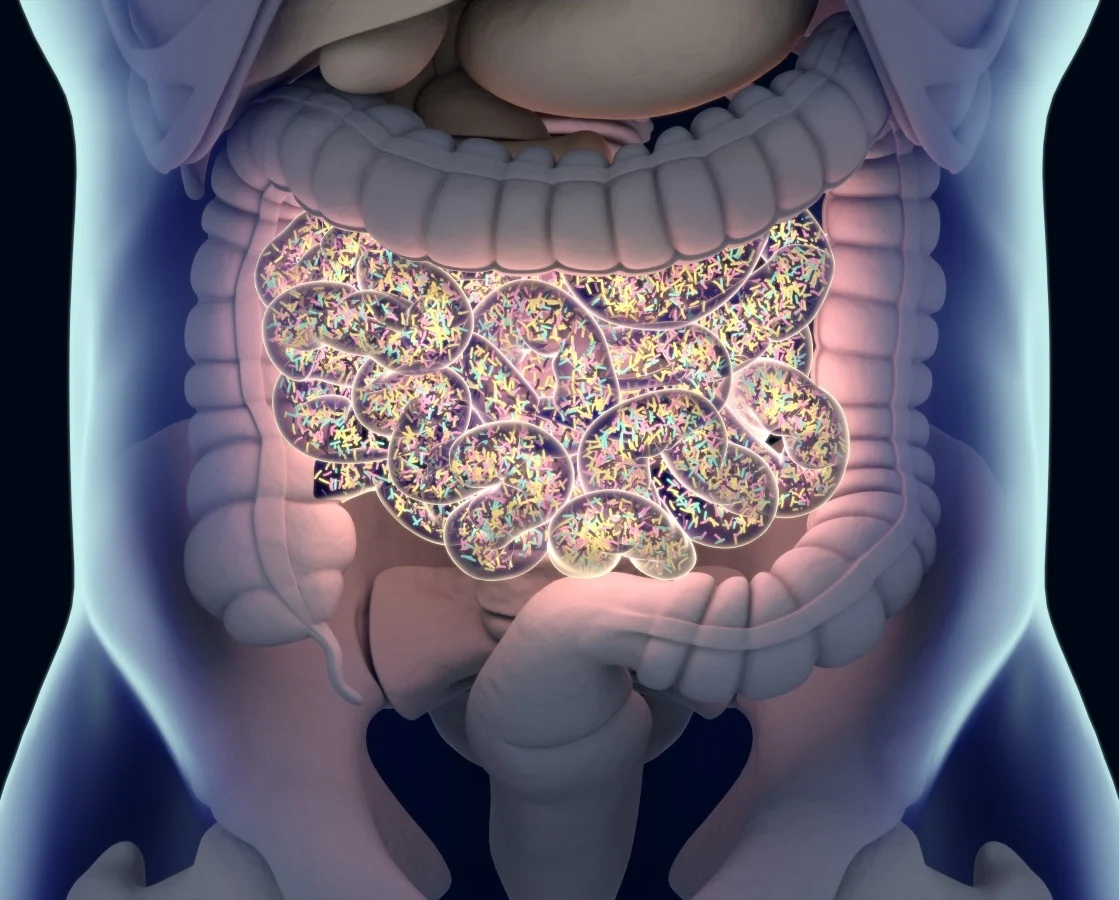Fix ulcers and gastritis with zinc carnosine! Learn how this remarkable remedy coats the stomach, increases acid production, and inhibits H. pylori growth. Find long-lasting relief and improve your digestive health.
Introduction
Today, we’re going to talk about how to fix stomach ulcers and gastritis with zinc carnosine. If you’ve ever suffered from severe heartburn or ulcers, you know how frustrating it can be to find temporary relief.
Antacids and histamine blockers may provide short-term relief, but they can actually increase the risk of Helicobacter pylori (H. pylori) infection, which is the leading cause of ulcers. Zinc carnosine offers a different approach.
It coats the stomach, increases stomach acid production, inhibits the growth of H. pylori, and even converts into a powerful antioxidant that reduces inflammation.
While it may take some time to see results, taking 75 milligrams of zinc carnosine twice daily for one to three months can provide long-lasting relief.
Natural remedies like baking soda and liquid chlorophyll can also help soothe stomach pain.
So, if you’re tired of dealing with recurring gastritis or ulcers, consider giving zinc carnosine a try and find the relief you’ve been searching for.
The Effectiveness of Zinc Carnosine
Zinc carnosine is a remarkable remedy for stomach ulcers and gastritis. For a long time, it was believed that excess stomach acid was the primary cause of ulcers.
However, recent scientific evidence has shown that Helicobacter pylori (H. pylori) infection is actually the leading cause of peptic ulcer formation.
This discovery has shifted the focus towards targeting H. pylori rather than reducing stomach acid levels for effective treatment.
Antacids and histamine blockers, commonly used to manage gastritis, can inadvertently increase the risk of H. pylori infection.
These medications lower the stomach’s acidity, creating an optimal environment for the bacteria to thrive.
On the other hand, zinc carnosine offers a highly effective alternative. It coats the stomach, stimulates mucous production, increases stomach acid production, and inhibits the growth of H. pylori.
One of the key mechanisms of action of zinc carnosine is its ability to create a protective coating in the stomach.
This coating helps to prevent the breakdown of the mucus layer lining the stomach wall, which can lead to the formation of ulcers.
By reinforcing this protective barrier, zinc carnosine supports the natural healing process and reduces the risk of further damage.
Additionally, zinc carnosine promotes an increase in stomach acid production. Contrary to popular belief, stomach acid plays a vital role in preventing H. pylori infection.
Adequate levels of stomach acid help to destroy the bacteria and protect against infection and associated stomach issues. By enhancing acid production, zinc carnosine provides a natural defense against H. pylori.
Another crucial aspect of zinc carnosine’s effectiveness is its ability to inhibit the growth of H. pylori.
Zinc is a potent antibacterial agent and directly hinders the proliferation of H. pylori in the stomach. By targeting the bacteria at its source, zinc carnosine effectively manages and prevents ulcers and gastritis.
Furthermore, carnosine, a component of zinc carnosine, is broken down into superoxide dismutase (SOD) in the body. SOD is a powerful antioxidant that reduces inflammation.
This conversion of carnosine into SOD further enhances zinc carnosine’s ability to promote intestinal health and alleviate symptoms of ulcers and gastritis.

This image is a property of i.ytimg.com.
Dosage and Duration of Zinc Carnosine
To experience the full benefits of zinc carnosine, it is recommended to take 75 milligrams of zinc carnosine twice daily.
This dosage has been found to be effective in managing and preventing stomach ulcers and gastritis. However, it is essential to note that zinc carnosine does not provide immediate relief. Consistency and patience are key when taking this supplement.
It is recommended to take zinc carnosine consistently for one to three months to see noticeable results.
This duration allows the supplement to fully take effect and address the underlying issues contributing to ulcers and gastritis.
Additionally, maintaining a healthy lifestyle and following a balanced diet can further support the efficacy of zinc carnosine.

This image is a property of i.ytimg.com.
Additional Natural Remedies for Stomach Pain
In addition to zinc carnosine, there are other natural remedies that can provide relief for stomach pain.
Baking soda is known for its alkalizing properties and can help neutralize excess stomach acid, providing temporary relief from discomfort.
However, it is important to use baking soda in moderation and under the guidance of a healthcare professional.
Liquid chlorophyll is another natural remedy that can help soothe stomach discomfort.
It has healing properties and can promote the healing of any lesions or irritation in the esophagus. Taking liquid chlorophyll on an empty stomach can be beneficial for those experiencing stomach pain and can complement the effects of zinc carnosine.

This image is property of Amazon.com.
Consistency and Patience for Optimal Results
Consistency is crucial when taking zinc carnosine for optimal results. It is essential to take the recommended dosage consistently and not skip any doses.
By maintaining a consistent intake, zinc carnosine can effectively support the healing process and reduce the risk of recurring ulcers and gastritis.
It is important to note that zinc carnosine takes time to work. Unlike medication, which may provide immediate relief, natural remedies like zinc carnosine require patience.
It is recommended to continue taking zinc carnosine for the recommended duration of one to three months to see significant improvements in symptoms and overall digestive health.

This image is property of Amazon.com.
Expert Advice from Dr. Eric Berg
Dr. Eric Berg, a renowned chiropractor and expert in healthy ketosis and intermittent fasting, emphasizes the significance of maintaining optimal stomach acid levels.
He highlights that ulcers and gastritis can be prevented by balancing stomach acid rather than suppressing it. While conventional treatments often focus on reducing stomach acid, Dr. Berg advocates for a different approach.
Dr. Berg suggests that the prevention of ulcers and gastritis can be achieved by ensuring the stomach maintains adequate acidity levels.
By allowing the stomach to produce enough acid, the body can naturally defend against H. pylori infection and reduce the risk of developing ulcers.
Dr. Berg’s expertise adds another layer of understanding to the importance of zinc carnosine in managing and preventing stomach ulcers and gastritis.

This image is a property of cdn2.hubspot.net.
Conclusion
Zinc carnosine is an effective remedy for stomach ulcers and gastritis. Its ability to coat the stomach, increase stomach acid production, inhibit the growth of H. pylori, and convert carnosine into superoxide dismutase (SOD) makes it a comprehensive solution for addressing these common gastrointestinal issues.
With the right dosage and consistent intake, zinc carnosine can provide significant relief and promote the healing of ulcers and gastritis.
It is important to consult with a healthcare professional before starting any new supplement regimen.
By combining the benefits of zinc carnosine with natural remedies and maintaining optimal stomach acid levels, one can effectively manage and prevent stomach ulcers and gastritis.
